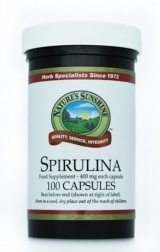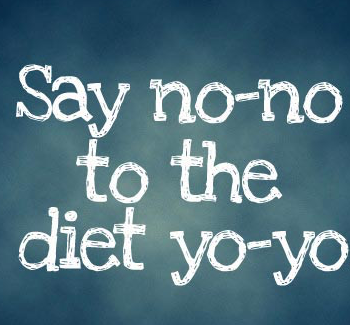You don’t have to be vegetarian to want to increase your plant based protein in your diet.
But what are the best sources of plant based or non-meat protein? Before you reach for whey-heavy protein shakes take a look at my top 5 recommendations for protein rich natural plant based foods:
1. Quinoa
Quinoa is an ancient superfood packed with manganese, magnesium, copper, zinc, phosphorous, vitamin B6 and vitamin B9. It is 14% protein making it one of the best plant based sources out there. Technically a seed, quinoa needs to be cooked before eaten and contains ALL essential amino acids.
2. Chia
Chia seeds are 21% protein and contain all the essential amino acids. It has been used for thousands of years as an energy food and turns into a jelly like consistency when added to liquid. It is a brilliant source of Omega-3 alongside calcium and magnesium. I like to add chia seeds to smoothies and juices.
3. Hemp
Now don’t be alarmed by this one! It is nothing to worry about. Natural hemp has many health benefits and can be purchased from all good health food stores. Packed with 47% ratio of protein, hemp comes in many forms including protein powder. Try mixing with coconut milk and a banana for a thick, nutritious smoothie. Hemp contains the perfect ratio of Omega 6 and Omega 3 and is abundant in EFAs (essential fatty acids).
4. Bee Pollen
Containing 5 times the amount amino acids of equal weight beef, eggs or cheese, bee pollen is a superfood that packs a punch. It is considered one of nature’s most complete foods as a rich source of vitamins, minerals, amino acids, enzymes and fats. It is also classed as a natural antibiotic. Just a small level teaspoon in a morning is great if you are feeling under the weather. Great added to smoothies too.
5. Spirulina and Chlorella
Chlorella is 58% protein and spirulina up to 75%. These proteins from the algae family are packed full of a wide range of nutrients and help to rid the body of heavy metals. They also act as a probiotic and are essential for gut health.





